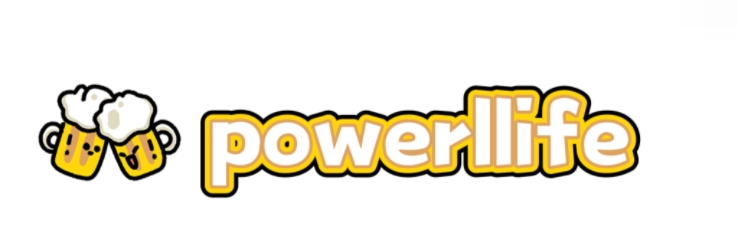Advantages of Digital Label Printing
With digital printing, an electronic file is converted into a series of dots, otherwise known as a raster image. Essentially, this raster file maps the image to dots on an x/y display grid. The raster image, sometimes referred to as a bitmap will guide the imaging device to print dots in the right place to recreate the image. The image is transferred to the media using ink or toner. Unlike offset or flexographic printing, where the image must first be created on a press plate and then transferred to the media, digital printing re-draws the image for each print.

Advantages of Digital Label Printing
Because digital printing doesn’t require the creation of a press plate, it offers a number of advantages over offset or flexographic printing. These advantages include:
Faster Production Time
Digital label printing doesn’t require the creation of press plates, which shortens setup time. This can lead to faster production time and order turnaround.
Variable Imaging
Because the printer recreates the image with each print, digital label printing allows for variable imaging. Using information from a database, text and graphics can be changed on each printed piece. Labels can be printed with consecutive numbers or multiple barcodes. It’s even possible to print multiple versions of the same label.
Related articles:
The Advantages of Ordering Custom Men Polo Shirts in Bulk
10 Questions You Should Know About Custom Women’s Polo Shirts Bulk Order
10 Essential Facts You Should Know about African Print Shirts for Men Bulk Orders
Ultimate Guide: Choosing the Perfect Men's Slim Swim Shorts
Top Mens Slim Swim Shorts for 2024
Top Trends for Best Custom Polo Shirts Bulk Order 2024
How to Order the Best Custom Polo Shirts?
Smaller Label Print Runs
In traditional printing where it was necessary to create and pay for the press plates for label print runs, small and medium print runs could be cost-prohibitive since there were fewer labels to spread this cost to. Without this additional expense, digital label printing is an affordable option for small and medium print runs.
Print Labels as You Need Them
Smaller label print runs and faster turnaround times offer companies options for more effective print management. Digital label printing offers companies the flexibility to print what they need, when they need it. This also allows brands or companies to change labels regularly, such as when testing new branding or keeping up with changing regulations.
Exceptional Print Quality
In the early days of digital printing, it was relatively easy to tell the difference between something that had been printed on a digital printer or offset printing. But with advances in digital printing technology today’s digital printing can match the quality of offset or flexographic printing. For example, HP indigo printers can exceed the resolution of traditional printing. Additionally, because each print is created independently, every print is the same. There is no variation in quality throughout the print run. And with automated color calibration options, you can be assured of accurate color matching.
Faster Proofs
The minimal setup time of digital printing speeds up the process of creating and approving proofs. Which ultimately speeds up the process.
Expanded Media Choices
Depending on the type of digital printing technology used, digital label printing can offer an extremely large media range. For example, HP Indigo printers can print on over 3,000 substrates including synthetics, dark media and metallics.
Related articles:Yoga Pilates Socks: Enhance Your Workout with Superior Grip and Comfort
Why choose eco-friendly sleepwear for women?
What are the benefits of choosing quality athletic bras?
How Do Luau Shirts Enhance Your Hawaiian Experience?
Top Family Reunion Hawaiian Shirts Styles for 2024" "Family Reunion Hawaiian Shirts: Best Picks for 2024" "2024 Trends in Family Reunion Hawaiian Shirts" "Family Reunion Hawaiian Shirts: A 2024 Gui
How Hawaiian Shirts Elevate Your Luau Experience?
Top 7 Squad Hawaiian Shirts for Ultimate Summer Style
Why Choose Cheer Squad Hawaiian Shirts for Your Team?
None
None
Related Articles









Comments